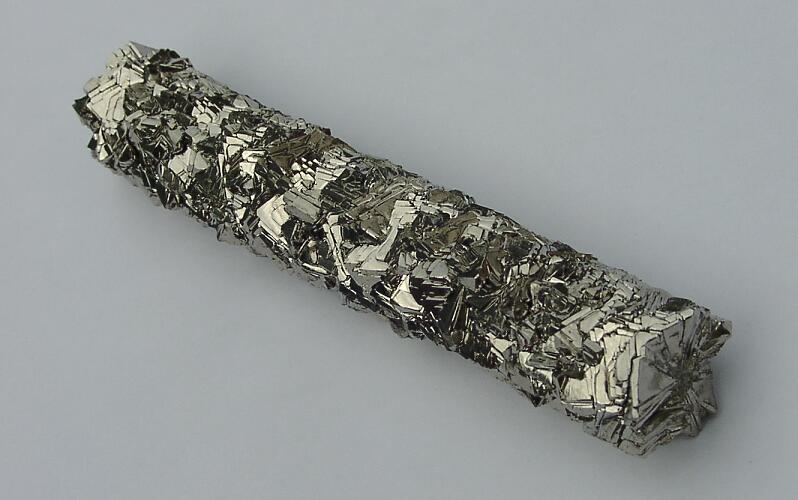
With the rapid development of the world economy and the continuous growth of the global population, world energy consumption has also risen sharply. Traditional energy sources such as coal, oil, and natural gas have been unable to meet the needs of long-term social development, and the harmful gases and waste generated during the consumption process are likely to cause damage to the environment. To solve these problems, it is necessary to improve combustion efficiency and achieve clean combustion. At the same time, we must pay attention to the development of new energy sources and do a good job in energy conservation and consumption reduction. As a refractory metal, the application of titanium is very broad in these fields.

Application of Titanium
Ni-MH battery is a kind of battery with good performance, and its negative active material is hydrogen storage alloy, while titanium is a good raw material of hydrogen storage alloy due to its good reversible hydrogen absorption and discharge performance at high temperatures. In addition, titanium is also a promising material for lithium batteries, solar batteries, and lead-acid batteries.
Geothermal energy includes dry steam, wet steam, geothermal water, latent heat of dry hot rocks, and latent heat of normal temperature difference.
However, the geothermal laminar flow contains substances that have a greater corrosive effect on metals. Carbon steel, stainless steel, aluminum alloys, and copper alloys are difficult to apply in geothermal development due to their respective disadvantages. And only titanium is the ideal material.
The use of titanium to manufacture condensers, steam turbines, pumps, fittings, and pipes can not only increase the actual heat recovery rate but also extend the life of geothermal wells.
In thermal and nuclear power generation devices, the service life of condensers and heat exchangers made of titanium is as long as 40 years, which is 4 times that of aluminum brass tubes and 10 times that of copper-nickel alloy tubes.
Although the one-time investment of using titanium is relatively high, the operation and maintenance cost and total cost are significantly reduced, and it has been widely used in coastal and riverside power plants and nuclear power plants.
The valves, nozzles, pipelines, and downhole pipelines used in onshore and offshore oil and gas drilling need to be made of titanium. Taking underground pipelines as an example, when sulfur-containing gas is detected, other metal pipelines are prone to embrittlement, so the pipeline materials can only be titanium. The temperature of titanium resistant to corrosion by brine and seawater in the well can be as high as 300 ℃. It is an ideal material for manufacturing drill pipes and offshore drilling equipment.
Thank you for reading our article and we hope it can help you have a better understanding of the application of titanium in energy materials. If you want to know more about titanium, we would like to advise you to visit Advanced Refractory Metals (ARM) for more information.
Headquartered in Lake Forest, California, USA, Advanced Refractory Metals (ARM) is a leading manufacturer & supplier of refractory metals across the world. It provides customers with high-quality refractory metals and alloys such as tungsten, molybdenum, tantalum, rhenium, titanium, titanium alloys, and zirconium at a very competitive price.
Copyright © 1994-2024 Advanced Refractory Metals owned by Oceania International LLC, All Rights Reserved.